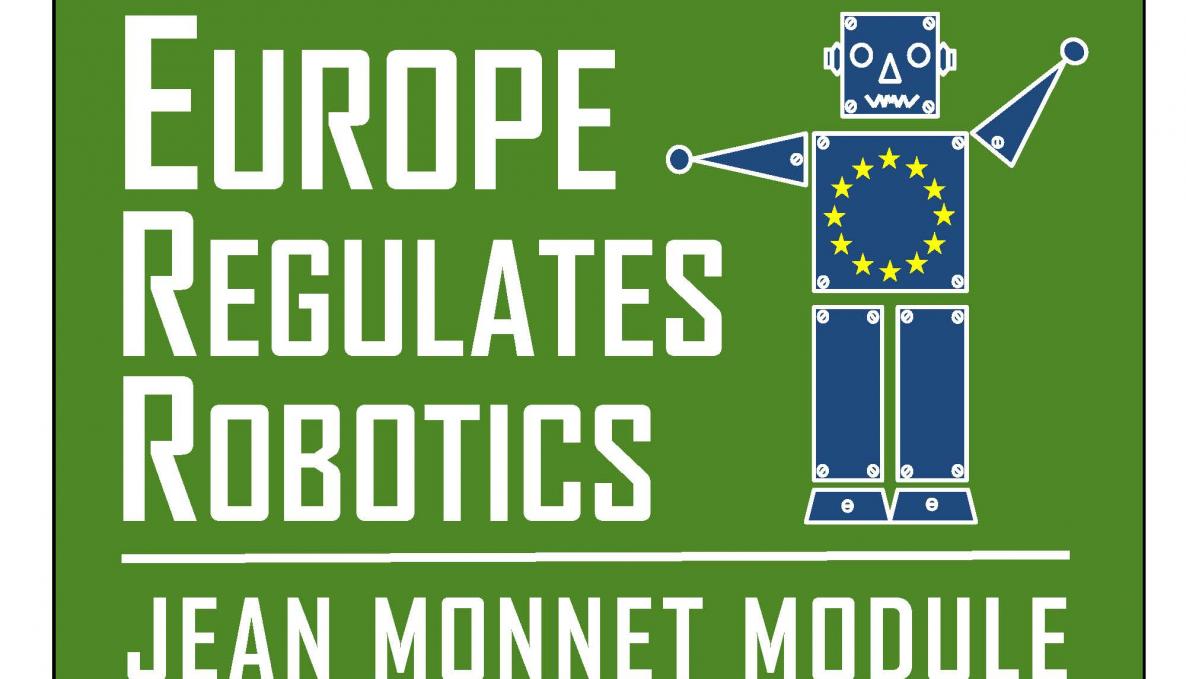The Regulation of Robotics & AI in Europe: Legal, Ethical and Economic Implications: the applications for the Summer School, promoted by Sant'Anna School, as part of the Jean Monnet Center of Excellence EURA project, Erasmus+, will be open until June 13

Applications will be open until June 13 for the Summer School “The Regulation of Robotics & AI in Europe: Legal, Ethical and Economic Implications”, coordinated by Andrea Bartolini, Researcher in Private Law at the Dirpolis Institute (Law, Politics, Development) of the Sant'Anna School, as part of the Jean Monnet Center “EURA” (“European Centre of Excellence on the Regulation of Robotics & AI”). The lectures of the intensive course, now in its fourth edition, are held in Pisa from July 4 to 9
Registration is open until June 13 for the Summer School “The Regulation of Robotics & AI in Europe: Legal, Ethical and Economic Implications”, coordinated by Andrea Bartolini, Researcher in Private Law at the Dirpolis Institute (Law, Politics, Development) of the Sant'Anna School, as part of the Jean Monnet Center "EURA" (“European Centre of Excellence on the Regulation of the Robotics & AI”). The lectures of the intensive course, now in its fourth edition, are held in Pisa from July 4 to 9 and include a total of 40 hours of multidisciplinary teaching.
The main purpose of this Summer School is to offer a deep understanding of the European legislative context related to the fields of biorobotics and artificial intelligence, thanks to valuable contributions from experts, during the teaching activity. The lectures, taught entirely in English, investigate the applications of new technologies introduced by the engineering sector in the pre-existing regulatory framework, touching on ethical, legal and technical elements.
Considered its interdisciplinary nature, the teaching is addressed to variuos figures: students, policy makers, computer scientists, engineers, and professionals from different backgrounds interested in understanding the different issues posed by the development and diffusion of robotics in the European Union. Because the implications of new technologies require multidisciplinary analysis, it is essential that all recipients acquire the appropriate professional skills to understand sectoral interactions. Participants are required to attend a minimum of 85 percent of classes and pass a final exam in order to obtain 2 ECTS.
For more information and to apply, click here.



